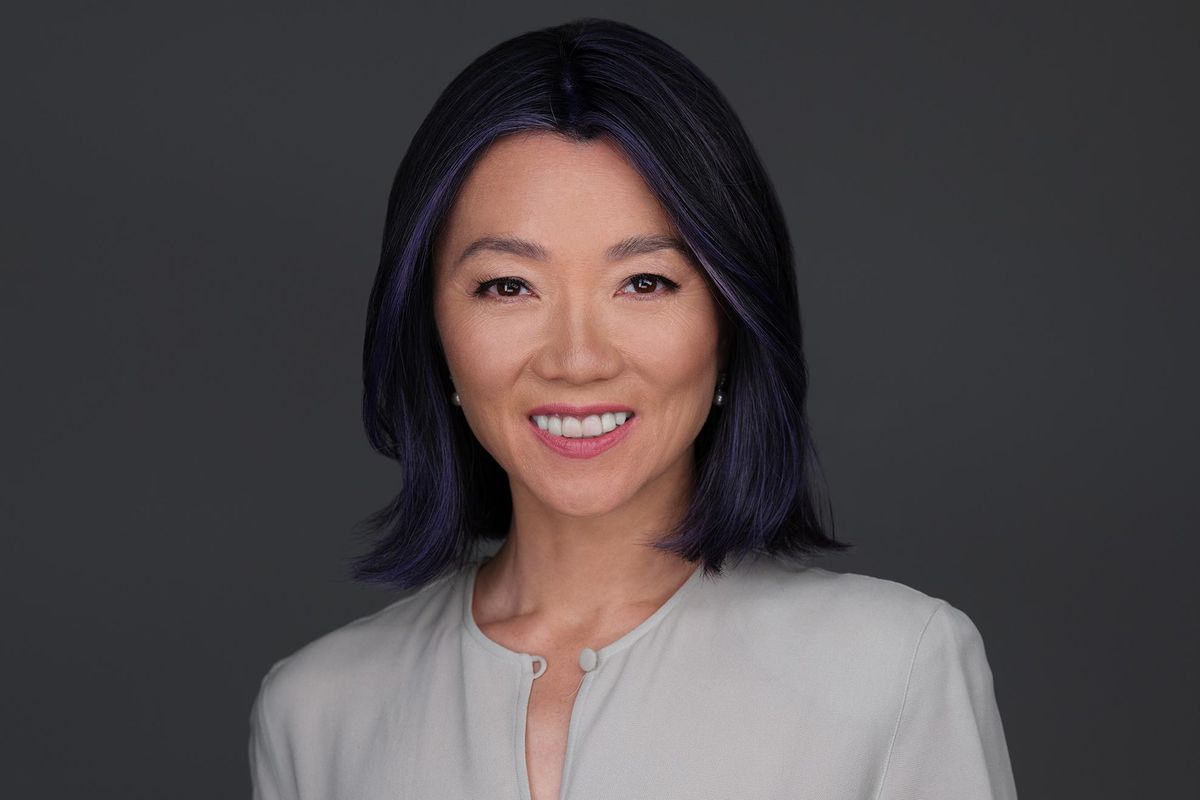Editor's note: Every week, I introduce you to a handful of Houston innovators to know recently making headlines with news of innovative technology, investment activity, and more. This week's batch includes a resilience innovator, a biotech startup founder, and a cardiac health care leader.
Ali Mostafavi, founder of Resilitix.AI

Ali Mostafavi, founder of Resilitix.AI, joins the Houston Innovators Podcast to discuss how he pivoted to provide important data amid Hurricane Beryl. Photo via tamu.edu
Earlier this month, Ali Mostafavi got an unexpected chance to pilot his company's data-backed and artificial intelligence-powered platform — all while weathering one of Houston's most impactful storms.
Mostafavi, a civil and environmental engineering professor at Texas A&M University, founded Resilitix.AI two years ago, and with the help of his lab at A&M, has created a platform that brings publicly available data into AI algorithms to provide its partners near-real time information in storm settings.
As Hurricane Beryl came ashore with Houston on its path, Mostafavi says he had the opportunity to both test his technology and provide valuable information to his community during the storm.
"We were in the process of fine tuning some of our methods and algorithms behind our technology," Mostafavi says on the Houston Innovators Podcast. "When disasters happen, you go to activation mode. We put our technology development and R&D efforts on hold and try to test our technology in an operational setting." Read more.
Moji Karimi, co-founder and CEO of Cemvita

Thanks to technology advancements, Cemvita is now capable of generating 500 barrels per day of sustainable oil from carbon waste at its first commercial plant. Photo courtesy of Digital Wildcatters
Cemvita is now capable of generating 500 barrels per day of sustainable oil from carbon waste at its first commercial plant. As a result, Cemvita has quadrupled output at the Houston plant. The company had planned to reach this milestone in 2029.
“What’s so amazing about synthetic biology is that humans are just scratching the surface of what’s possible,” says Moji Karimi, co-founder and CEO of Cemvita. “Our focus on the first principles has allowed us to design and create new biotech more cheaply and faster than ever before.” Read more.
Dr. Joseph Rogers, president and CEO of the Texas Heart Institute

BiVACOR and The Texas Heart Institute have celebrated a major milestone in the future of heart health. Photo via texasheart.org
Heart health tech company BiVACOR and The Texas Heart Institute announced that they successfully implanted the company's first Total Artificial Heart in a human at Baylor St. Luke’s Medical Center in the TMC.
The "bridge-to-transplant" device could support an active adult male, as well as many women and children suffering from severe biventricular heart failure or univentricular heart failure.
"With heart failure remaining a leading cause of mortality globally, the BiVACOR TAH offers a beacon of hope for countless patients awaiting a heart transplant,” Dr. Joseph Rogers, president and CEO of THI and national principal investigator on the research, says in a statement. “We are proud to be at the forefront of this medical breakthrough, working alongside the dedicated teams at BiVACOR, Baylor College of Medicine, and Baylor St. Luke’s Medical Center to transform the future of heart failure therapy for this vulnerable population.” Read more.


